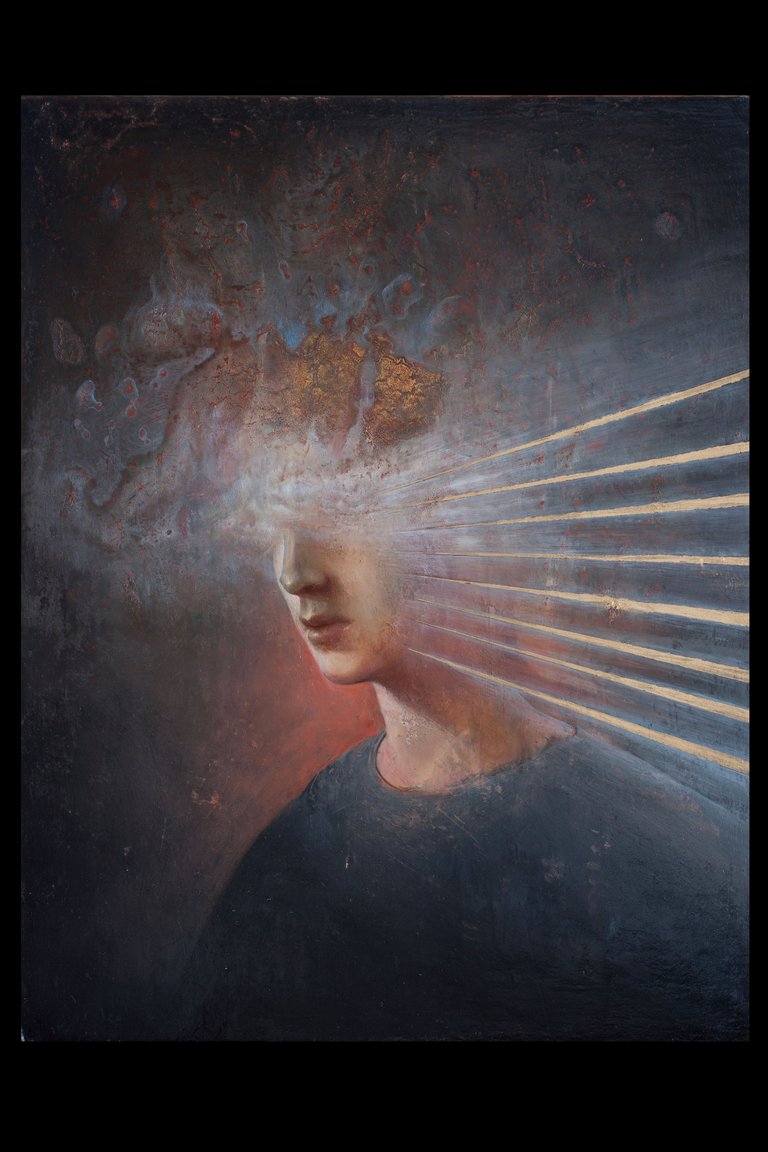Hello, @shadowbot, I followed your instructions & got an error logging in...
Here are a few lines from my favorite poem, Ars Poetica, by Czeslaw Milosz:
The purpose of poetry is to remind us
how difficult it is to remain just one person,
for our house is open, there are no keys in the doors,
and invisible guests come in and out at will.
I love this poem so much, I've read it in public poetry readings & recorded it to know it better:
https://soundcloud.com/yahia-lababidi/ars-poetica-by-czeslaw-milosz
What speaks to me, deeply, about this piece is that the poet confesses how little he is in control of the creative process. It's an ode to the Muse, as well as the mystery and mysticism of the creative process. But, the poet also says something that we don't hear often in the analysis of works of art--he admits to a negative inspiration.
The "invisible guests" that come in and out of the open doors of our open house, might be evil spirits (the way, for example, Blake said that Milton was of the 'devil's brigade' when he wrote Paradise Lost, but he did not know it).
So, while this passage admits that 'it is difficult to remain one person' because of our shifting moods and inspirations, the poem itself ends on a startling note, namely: the hope that "good spirits, not evil ones, choose us for their instrument."
A peek behind the creative process, the battle between good and evil, what more could one home for from a poem?!
